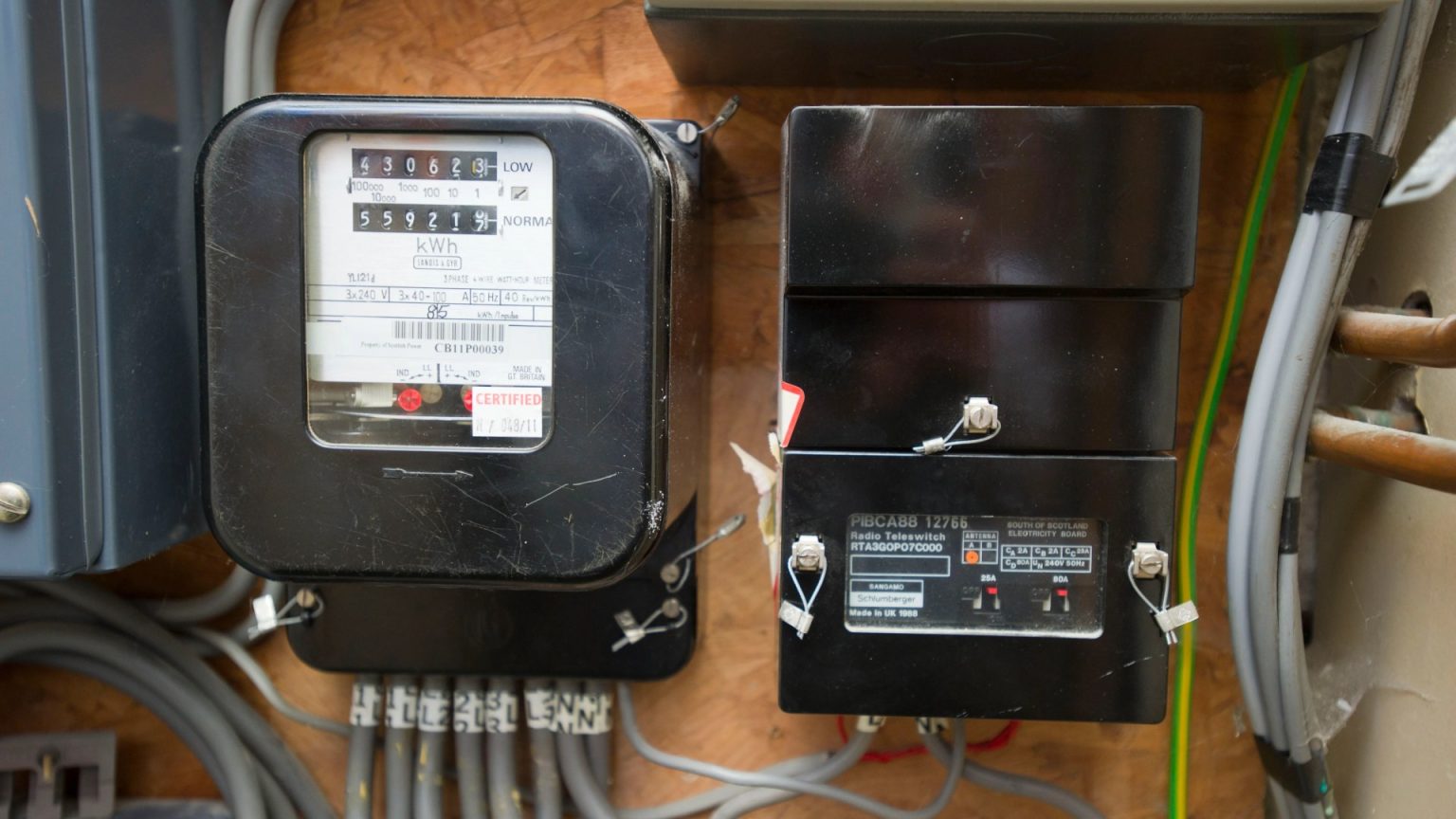The impending shutdown of the Radio Teleswitch Service (RTS) in June 2025 is prompting urgent action from energy suppliers across the UK. RTS, which utilizes a signal broadcast alongside BBC Radio 4’s long-wave frequency, controls older electricity meters, particularly those used for Economy 7 and other multi-rate tariffs. These meters rely on the RTS signal to switch between different electricity rates at various times of the day, often also controlling heating and hot water systems. With the discontinuation of the RTS signal, these legacy meters will cease to function correctly, potentially remaining stuck on peak-time rates, resulting in significantly inflated energy bills and disrupting heating schedules.
Approximately 600,000 UK households still rely on these outdated RTS meters, representing a substantial portion of customers who need to upgrade to smart meters before the June deadline. The urgency of the situation is underscored by the fact that just six months remain before the RTS switch-off. Octopus Energy, the UK’s largest energy supplier, is spearheading the effort to transition its customers away from RTS meters, recognizing the potential for widespread disruption. They are implementing fast-tracked upgrades, aiming to mitigate the impact on their customers, who constitute nearly a quarter of all affected households. Across the industry, suppliers are actively encouraging customers to book meter exchanges as soon as possible to ensure a seamless transition and avoid potential bill shocks.
Identifying whether a household has an RTS meter is relatively straightforward. Older models feature a clearly labelled “Radio Teleswitch” switch box adjacent to the electricity meter. In other cases, the RTS switch box might be integrated within the electricity meter unit itself. For customers uncertain about their meter type, contacting their energy supplier is advised, as they can readily access this information. The term “dynamically teleswitched” (DTS) is also sometimes used interchangeably with RTS.
Smart meters are the primary replacement for RTS meters, offering similar functionality and several advantages. They can accurately record time-of-use tariffs, like Economy 7, using a digital signal. Moreover, smart meters provide real-time energy usage data, empowering consumers to monitor and potentially reduce their consumption, leading to cost savings. While smart meters are becoming increasingly prevalent, with approximately 36 million households already equipped, they have faced some challenges, including connectivity issues and faulty displays. However, suppliers are obligated to address malfunctioning smart meters, and recent models are generally more reliable.
For customers accustomed to RTS-managed tariffs, the transition to smart meters raises concerns about tariff continuity. Ofgem, the energy regulator, has mandated that suppliers take reasonable steps to ensure customers are placed on comparable tariffs after the switch. In cases where a direct equivalent isn’t available, suppliers must collaborate with customers to establish a mutually agreeable tariff. The advent of smart meters has also opened up opportunities for innovative, smart meter-specific tariffs that could offer potential cost benefits. Customers who haven’t been proactively contacted by their supplier are encouraged to reach out directly to initiate the upgrade process.
Ofgem emphasizes the importance of a smooth transition for RTS customers, advocating for a collaborative approach between suppliers and their customers. While smart meters are considered the optimal replacement for RTS meters, providing greater control over energy usage and access to potentially more economical tariffs, Ofgem underscores the need for open communication. Customers should engage with their suppliers to explore all available options and ensure they are placed on a suitable tariff and metering arrangement. This collaborative approach aims to minimize disruption and ensure a positive experience for consumers as the UK’s energy infrastructure modernizes.











